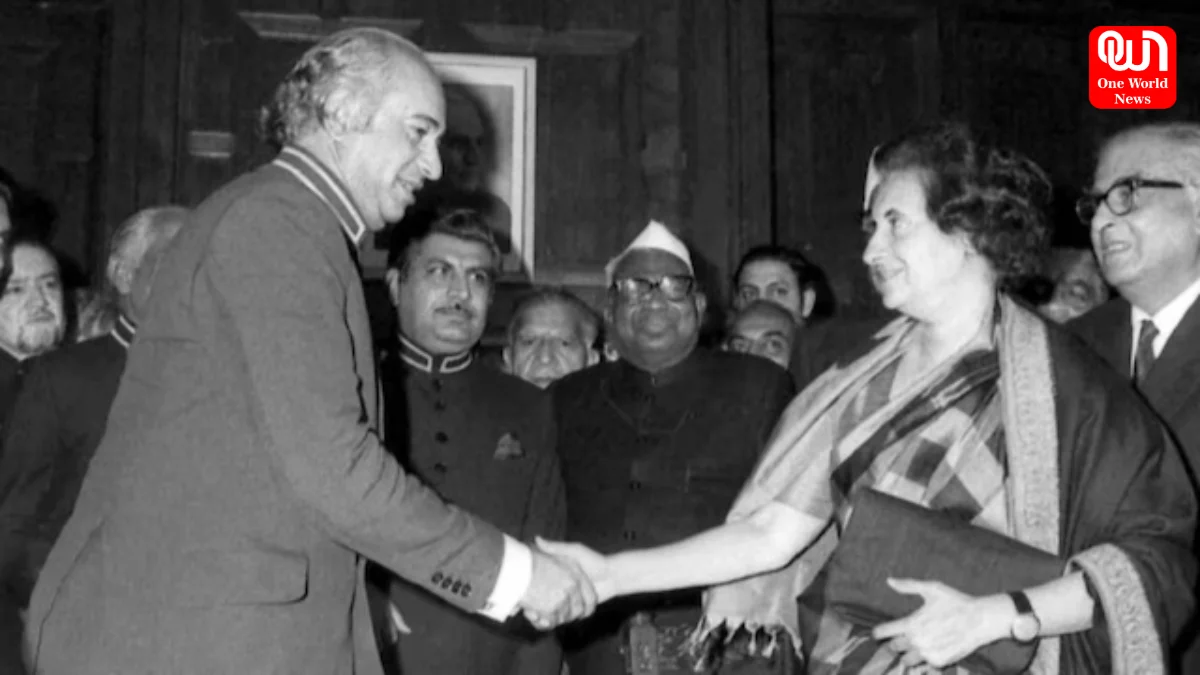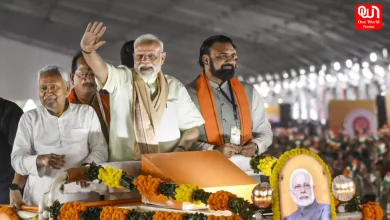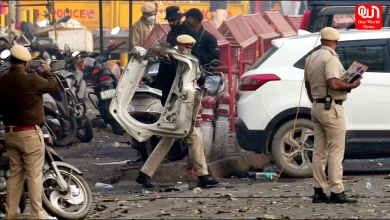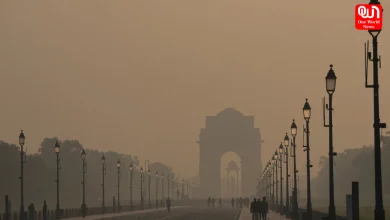Pakistan’s Threat to Suspend Shimla Agreement: A Major Diplomatic Shift Amid Rising Tensions with India
Pakistan may suspend the Shimla Agreement after India's strong response to a terror attack. Here's what the move means for regional peace and diplomacy.
Pakistan’s Threat to Suspend Shimla Agreement Marks Major Diplomatic Escalation Amid India-Pakistan Tensions After Terror Attack
In Pakistan, there are major threats to put the Shimla Agreement, which was signed in 1972 and has guided bilateral relations between India and Pakistan ever since, under suspension. This announcement followed India’s furious retaliation to a terror attack, which claimed as many as 26 lives, in Pahalgam area. Among stern actions taken by New Delhi was suspension of the Indus Waters Treaty and downgrading diplomatic relations with Islamabad. In reaction, Pakistan stopped visas opened to Indian nationals with an immediate suspension of all cross-border transit besides giving out statements on putting bilateral agreements, including the Shimla Agreement, in abeyance.
This decision came after an emergency meeting convened by Pakistan Prime Minister Shehbaz Sharif with key ministers as well as the country’s military leadership. An assertion was made via the National Security Committee (NSC) that Pakistan would review and perhaps suspend all bilateral agreements with India. The action is sending shock waves within the corridors of diplomacy since it threatens to fundamentally alter the established frame that has managed peace and conflict for decades between the two nuclear-capable states.
The Shimla Agreement signed on July 2, 1972, by India’s then Prime Minister Indira Gandhi and Pakistan’s Zulfikar Ali Bhutto was a cornerstone pact following an event whole intravention war that led to the emergence of Bangladesh. It laid the foundation for peaceful bilateral engagement and stated that both sides should resolve disputes through direct negotiations without involvement of any third party. This agreement formally established the Line of Control (LoC) as the de facto boundary in Jammu and Kashmir, aiming to prevent further military confrontations.
But below the threat imposed by Pakistan at the current moment looms a significant purpose. According to sources mentioned in CNN-News18, suspending the agreement would really internationalize the Kashmir issue and can create a feeling of third-party mediation-anathema to India. It also signals a probable more aggressive posture of Pakistan regarding boundary disputes and military developments.
Read more: India Suspends Indus Waters Treaty After Terror Attack: Potential Water Crisis Looms Over Pakistan
By putting the agreement in abeyance, Pakistan may want to redefine the LoC as merely a ceasefire line and lower at the same time the current legal hurdles against open conflict. Besides this, the suspension of the Shimla Agreement would likely disrupt multiple cooperative frameworks ranging from airspace use to nuclear safety measures and prisoner exchanges, thereby increasing the risk of miscalculation or escalation.
It was not the first time for Pakistan to defy the Shimla pact. The Kargil War in 1999 directly violated that pact when Pakistani soldiers crossed the LoC and grabbed the Indian territory in Jammu and Kashmir. India carried out Operation Vijay to recover the posts but ended up pushing back Pakistani forces.
Read more: Historic Low: Under-Five Deaths Drop Globally; Rwanda, Cambodia Lead Progress.
So both countries have crowded into a degradable backtrack: India suspending the Indus Waters Treaty and Pakistan cancelling visas and looking at the possibility of suspending some further diplomatic frameworks. Such activity is a bad omen in the India-Pakistan relationship in the future. Analysts have warned that Pakistan’s pullout from the Shimla Agreement may result, for years to come, in instability in South Asia, not just with respect to bilateral ties but even in the larger regional security architecture.
We’re now on WhatsApp. Click to join.
Like this post?
Register at One World News to never miss out on videos, celeb interviews, and best reads.








